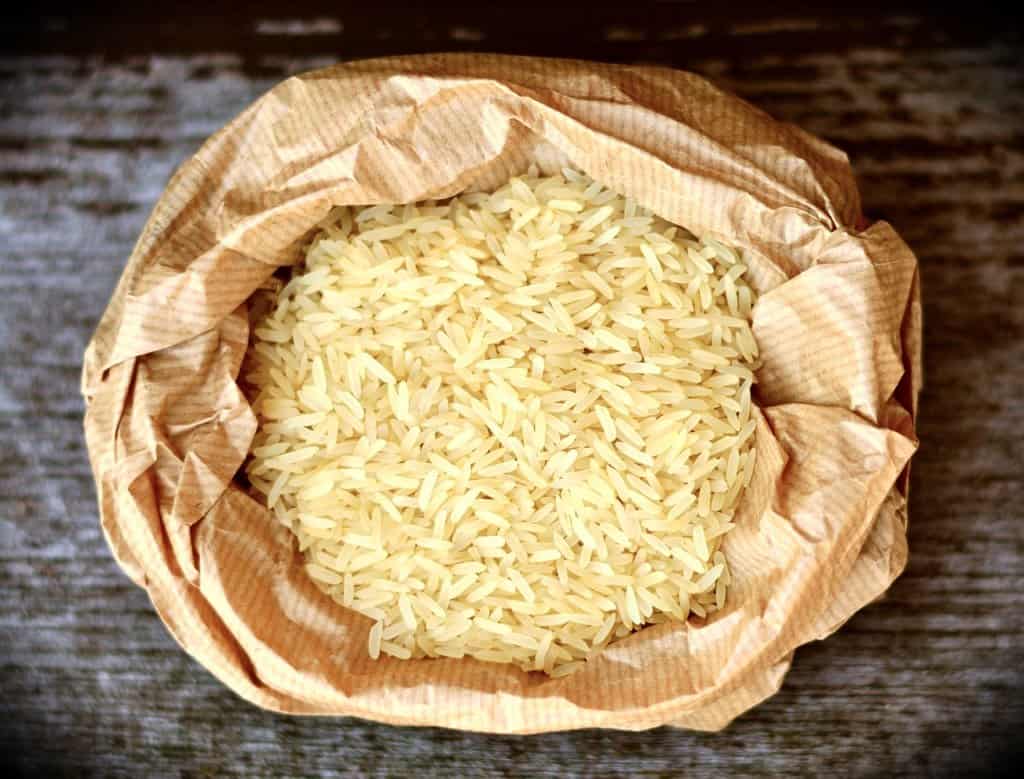Sustainable Catering For Your Next Event
According to Mother Earth Living, we produce a whopping 4.38 pounds of landfill-bound trash every day. This, in combination with the idea that a plastic bag can take roughly 1,000 years to decompose in that landfill, can certainly make us reconsider our food and shopping habits.
The US ranks high with our food waste output, with some sources estimating that we waste as much as 40 percent of our food supply every year. And it doesn’t just stop at the food itself! We use our precious environmental resources (like water and land) to grow the locally sourced food.
When it comes to catering, normal catering services waste a lot of food after their events and this can have a large environmental impact — which is why sustainable catering and being conscious of our waste is important to us.
But what can we do to as individuals and companies to follow a guide of minimal waste living? The good news is there’s a lot we can do, and all these small changes add up to make a big difference.
10 Tips for Minimal Waste Living
1) Purchase Only What You Need
When you find yourself at the grocery store, think twice before purchasing. The first key step to minimal waste living is getting real with what you need and shopping with sustainability in mind. How many bunches of bananas will you really eat? How much bread will your family go through on a weekly basis? How much spinach will you use? If you start asking yourself these questions, chances are you’ll begin to purchase only what you need.
2) Go For Sustainable Food
Sustainable food refers to products (both plant and animal products) that protect the environment and the community. To be sustainable is to consider every aspect of food production, which results in a more conscious way to avoiding waste and ensuring every part of a food is utilized in the best way possible. Another way to ensure you are choosing sustainable foods is by shopping for locally sourced products as many local farmers use sustainable practices.
3) Love the Odd Ingredients
For cosmetic reasons, grocery stores will often refuse the odd shaped apple or tomato. But often, these ingredients taste just as wonderful! When considering a minimal waste lifestyle, learn to love the odd ingredients (and maybe, even showcase their quirky flaws).
4) Enjoy Leftovers

When it comes to leftover food, think about utilizing it in another way to create an entirely new dish. Maybe last night’s roasted chicken becomes tomorrow’s pulled chicken sandwiches with barbecue sauce. Even scraps of food — like banana peels — can be enjoyed as leftovers by farmers. Many farmers use compost in their gardens to help grow new food and create a beautiful cycle of our leftovers.
5) Take Only What You Can Eat
When you’re a guest at a wedding or event, be mindful of how much you are putting on your plate. Think twice before you take a second helping that you know you might not finish. Wedding catering is a big source of food waste and chances are there’s someone else who can benefit from the leftover food (or that it can then be donated instead of tossed). The same goes for grocery shopping. If you notice you’re always throwing away half a gallon of milk, consider purchasing a smaller carton next time.
6) Get Creative
If you have a surplus of seasonal ingredients, like tomatoes you’ve grown or an orange tree that’s overflowing, get creative with them. Use these excess ingredients for things like sauces or jams. Trying canning, pickling, or fermenting leftover produce. If you still have too much, share it with your neighbors or fill up a box with a “free” sign and place it on the sidewalk. If f it seems like you might not finish something you made last week for dinner, pop it in the freezer! It’s amazing how thankful you’ll be for that never-ending pot of chicken soup when you realize you didn’t plan for dinner and then find that it’s in the freezer.
7) Use Every Bit
Even parts of foods that you might not otherwise consider using can be a lively addition to your favorite dishes. Instead of tossing them, try using strawberry stems in your pesto or beet greens in your veggie sauté. Cut up the stem of your broccoli and use it to make a slaw. When ingredients like spinach begin to wilt, don’t toss them! Try throwing them into your smoothies or stir-fries to use them up, instead.
8) Consider the Expiration Date
As a consumer and a purchaser, use your best judgment when considering the expiration date. This date is merely a guideline — and just because your eggs say a certain date on the carton, doesn’t mean they won’t still be good to eat the following date.
9) Share the Knowledge
Share your newfound knowledge with friends and family. We’re all on this earth together and the more we know and share, the less we will waste.
10) Limit Use of Non-sustainable Products

Replacing non-sustainable products with their alternatives is a wonderful (and easy) way to minimize your waste. Say goodbye to bottled water and invest in a reusable water bottle, bid plastic bags farewell by replacing them with reusable or eco-friendly paper bags. Buy products (like rice, nuts, and dried fruits) in bulk instead of purchasing the pre-packaged options. Replace foil and with reusable baking mats and opt out of paper coffee cups when you’re on the go. These are all small changes you can implement today to begin reducing your carbon footprint to the environment in a big way.
The practice of living sustainably and with minimal waste has a great impact on our environment as a whole. At Eco Caters, we pride ourselves on filling our food with love with health and well-being of the environment and our customers in mind, and that shines through in every bite. From the ingredients to the kitchen, to your plate, every part of our kitchen serves to support our local economy.
Through organic foods and high standards with our growing and catering practices, you’ll feel good knowing that what you and your guests are consuming comes from a thoughtful and eco-conscious company.
Ready to try our sustainable catering services today? Reach out! We’d love to hear from you.

Sources:
https://www.motherearthliving.com/healthy-home/zero-waste-living-zmfz15jfhou
